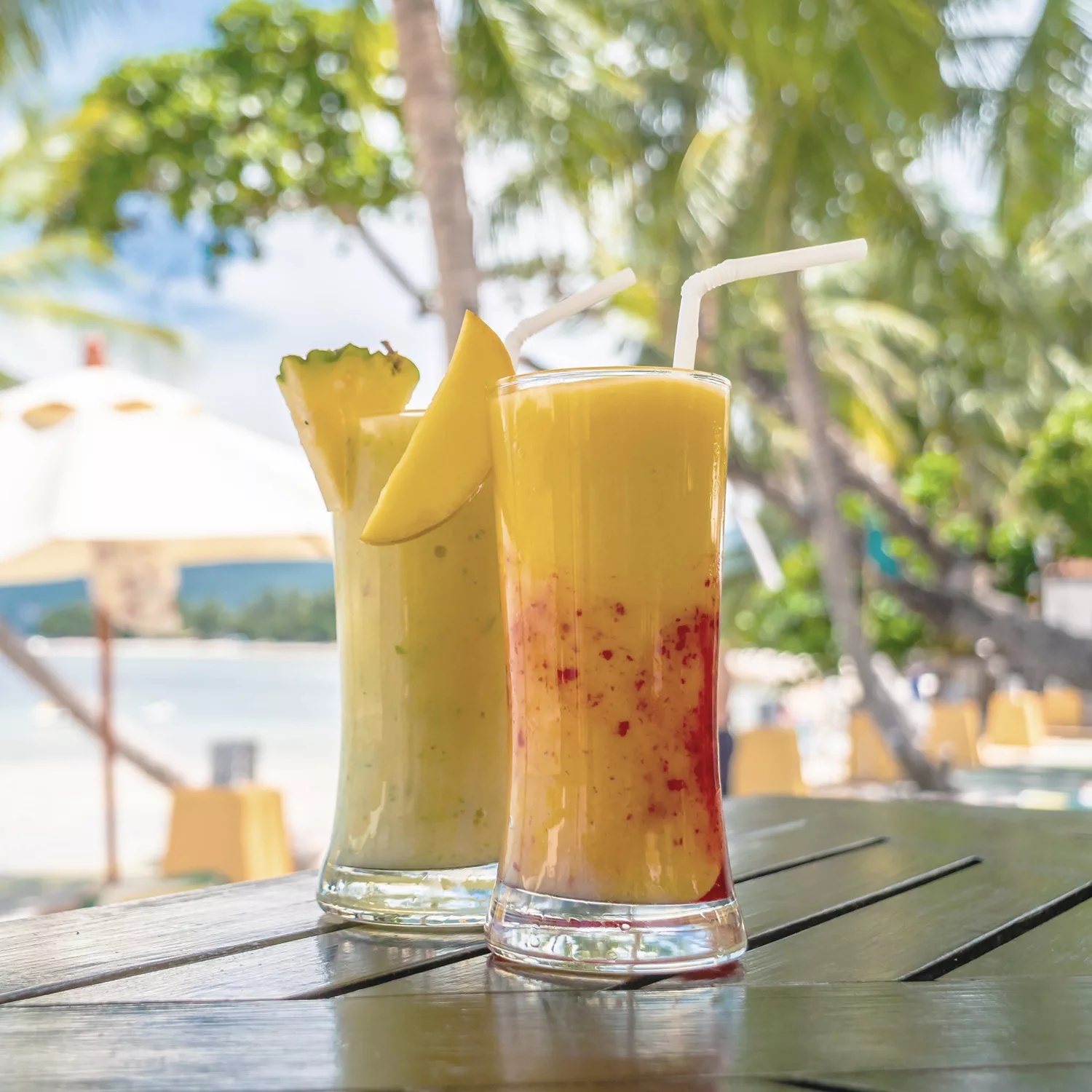A tall, refreshing glass of orange juice with breakfast or a sweet apple juice as a mid-afternoon pick-me-up… sounds delightful, doesn’t it? But have you ever wondered, “is 100% juice the same as whole fruit?” Let’s spill the juice on this topic!

Nutritional Content
While whole fruits are nature’s candy, they’re also brimming with essential vitamins, minerals, and a hefty dose of fibre. They’re low in calories and high in water content, making them a perfect snack to curb those mid-afternoon hunger pangs. The fibre in fruit is a digestion superhero, aiding digestion, helping to maintain a healthy weight, and lowering the risk of diabetes and heart disease. On the flip side, fruit juice, even the 100% pure, no-sugar-added kind, is missing one key player: fibre.
The juicing process often removes the fibre-rich skins and pulp, resulting in a drink that’s primarily water and fructose (that’s science-speak for fruit sugar). While fruit juice can still give you a vitamin and mineral boost, it’s typically higher in sugar and calories than its whole fruit counterpart.
Sugar Content
When it comes to sugar, fruit juice is the heavy hitter. For instance, a cup of apple juice contains about 24 grams of sugar, while a whole apple only contains about 19 grams. But here’s the kicker: the sugar in a whole apple is accompanied by fibre, which slows the absorption of sugar into the bloodstream, preventing a sugar rush (and the inevitable crash). In contrast, the sugar in juice is absorbed more quickly, leading to rapid changes in blood sugar levels.
Satiety and Digestion
Whole fruits have a high water and fibre content, which contributes to feelings of fullness. This can help control overeating and promote weight management. The fibre in whole fruit also aids in digestion by adding bulk to the stool, which can help prevent constipation.
Fruit juice, lacking in fibre, doesn’t promote the same level of satiety as whole fruit. This can lead to overconsumption, as it’s easy to drink large quantities of juice without feeling full. Additionally, without fibre to slow digestion, the sugars in fruit juice can cause a rapid rise and fall in blood sugar levels, which can leave you raiding the fridge shortly after.
Hydration
One advantage of fruit juice is its hydration potential. Juice is primarily water and can contribute to daily fluid intake. However, it’s important to note that water is the best source of hydration, and the high sugar content in juice can sometimes do more harm than good, leading to dehydration rather than preventing it.
While both whole fruits and fruit juice have their place in a balanced diet, the evidence leans towards whole fruit as the healthier option. The fibre, lower sugar content, and satiety provided by whole fruits make them the clear winner for most people. However, fruit juice can still be enjoyed in moderation, and it may be a convenient way to increase fruit intake for those who struggle to consume enough whole fruits.

So, to answer the question, “is 100% juice the same as whole fruit?” – not quite. The lack of fibre and higher sugar content in juice make it a less optimal choice compared to whole fruit. Remember, variety is the spice of life (and a healthy diet). It’s best to consume a range of fruits in different forms to benefit from the wide array of nutrients they offer. As always, it’s important to consult with a healthcare professional or a registered dietitian to understand what’s best for your individual health needs.







